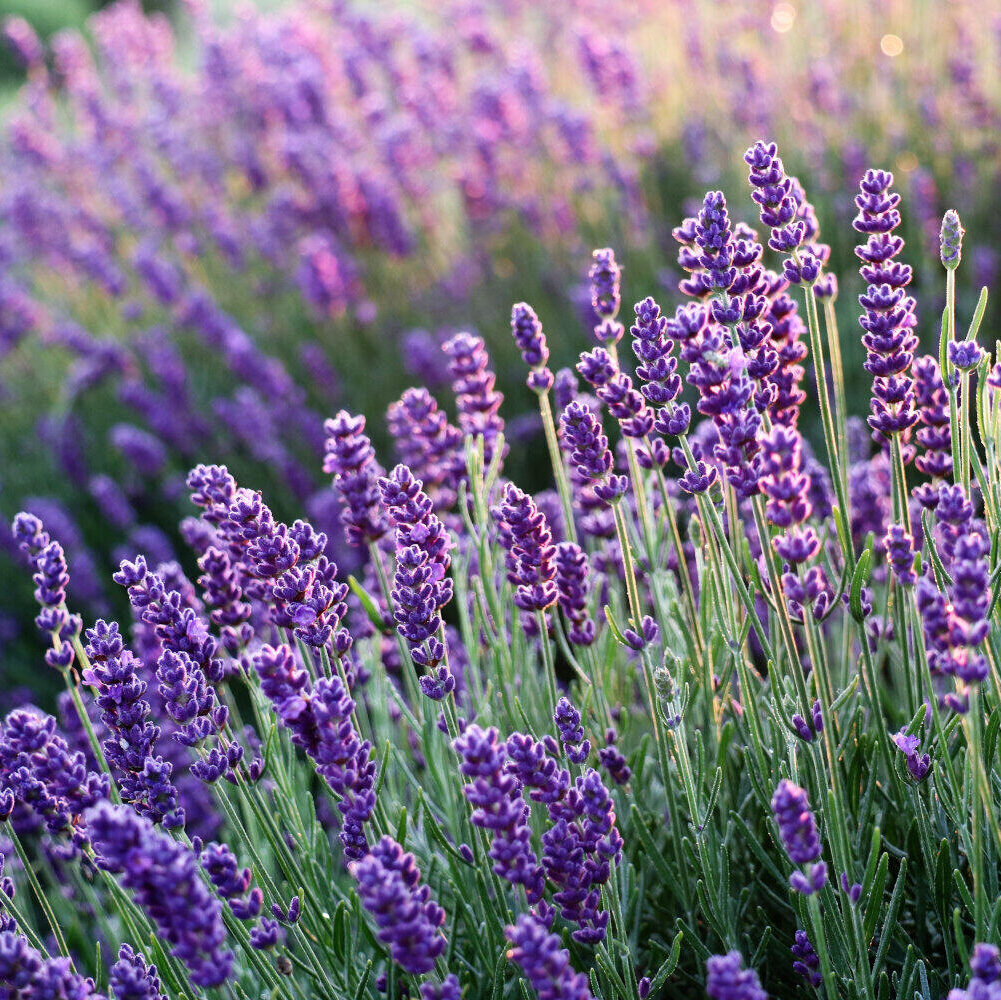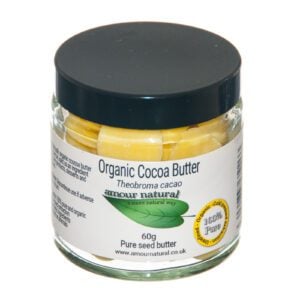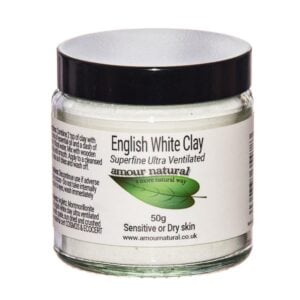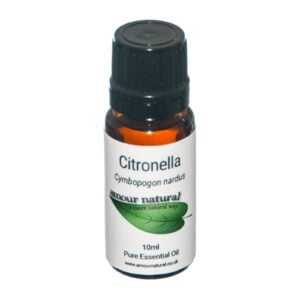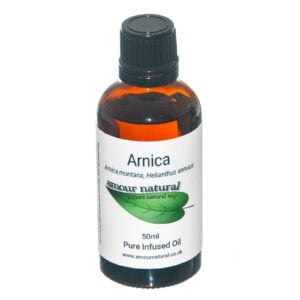 Amour Natural Ltd
https://www.amournatural.co.uk
Amour Natural Ltd
https://www.amournatural.co.uk
Sandalwood essential oil tonifies the nervous system, reduces stress and anxiety, and improves moods and attentiveness. It promotes a sense of calmness and mindfulness and is very supportive in times of stress and dealing with the ups and downs of life.
Sandalwood is often used as a perfume. As it is an essential oil (not a fragrance) it will naturally dissipate so reapply as often as desired.
In skincare, sandalwood balances, nourishes and softens the skin. It is antiseptic, bactericidal, fungicidal.
Sandalwood has been used for centuries in religious and spiritual ceremonies to promote feelings of calm and connection. It has also been a popular choice for embalming.
This luxurious oil is also available as a 5% dilute option in a base of pure fractionated aroma-free coconut oil.
Sandalwood is steam distilled from the tree bark.
It is one of the more expensive oils as it takes many years for the sandalwood tree to mature.
Amour Natural offer a pure oil and a 5% dilute, as a more affordable option.
100% pure sandalwood essential oil – nothing else is added.
Blend 5-10 drops and add to a bath.
Mix 5-10 drops with water to use in an oil burner.
Mix 6-10 drops with hot water as an inhalation.
Patch test before use on the skin.
Sandalwood essential oil blends well with benzoin, black pepper, frankincense, geranium, jasmine, lavender, lemon, palmarosa, rose, ylang ylang, myrrh, neroli.
Safe during pregnancy and breastfeeding, when used within the guidelines.
Safe for children when used within the guidelines.
Do not take internally unless prescribed.
Keep away from children and eyes.
If you have a medical condition check with your practitioner before use.
Traditionally sandalwood essential oil is sourced from trees grown and harvested in India. However, this resource has been over-harvested, so plantations in other countries now grow and carefully manage this majestic species.
Amour Natural sources sandalwood essential oil from sandalwood trees in carefully managed Australian plantations. This gives us Santalum spicatum which has a different aroma to Mysore sandalwood.




